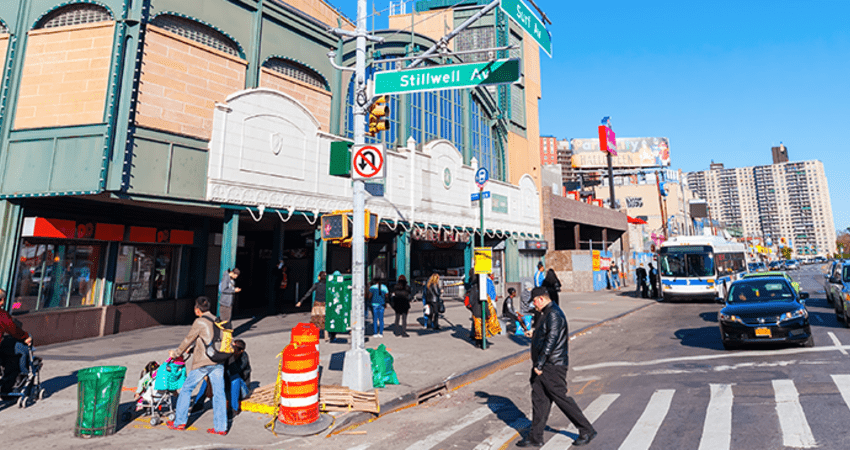
Survey Finds Health Needs in Redeveloping Choice Neighborhoods
- Title:
- Survey Finds Health Needs in Redeveloping Choice Neighborhoods
- Author:
-
Reed Jordan
- Source:
- Publication Date:
-
2016
Through the Choice Neighborhoods Initiative, the federal government has provided grants for the redevelopment of poor quality federally-subsidized housing in distressed neighborhoods. The developments will be replaced with mixed-income housing as part of a broader transformation plan for the neighborhood. Prior research has found that public housing residents tend to have severe health problems that require more treatment that simply a move into higher-quality housing. If residents of Choice Neighborhoods are similar to those of prior redevelopment efforts, such as HOPE VI, they are likely to need case management and supportive services in addition to a healthier physical environment. To provide additional health-supporting services, Choice Neighborhoods grantees will need to access funds beyond the HUD grant.
A baseline survey in the first five Choice Neighborhoods implementation sites asked residents about their overall health as well as the presence of chronic health conditions. The sites include public housing developments in New Orleans (Iberville), San Francisco (Alice Griffith), and Seattle (Yesler Terrace), and project-based Section 8 developments in Boston (Woodledge/Morrant Bay) and Chicago (Grove Parc). All of the five neighborhoods had crime rates that were more than double the city's rate overall.
Major findings:
- Childhood asthma rates were 41 percent at the Boston site, 26 percent in San Francisco, 24 percent in Seattle, 18 percent in Chicago, and 13 percent in New Orleans. This compares with an average asthma rate of approximately 19 percent nationally for children in poverty.
- Public housing residents were more likely to report fair or poor health than residents of either of the project-based Section 8 sites.
- The percent of Choice Neighborhoods residents reporting fair or poor health was 51 percent in Seattle, 39 percent in San Francisco, 34 percent in New Orleans, 29 percent in Chicago, and 18 percent in Boston. This compares with a national average for black women living in poverty of 32.7 percent.
- Health ratings were worse for residents age 62 and older. In Seattle's Yesler Terrace, 77 percent of older residents rated their health as fair or poor.
- Despite better health ratings in general, Chicago's project-based Section 8 residents reported chronic health issues at rates higher than or comparable to public housing residents.
- The share of Choice Neighborhoods residents with chronic health problems was 51 percent in Seattle, 45 percent in New Orleans, 43 percent in San Francisco, 41 percent in Chicago, and 28 percent in Boston.
- Obesity, hypertension, and diabetes were the most common chronic health problems.
- Residents' rate of health insurance coverage was similar to the national average, and 68 to 85 percent reported having a place to go for healthcare.
- The share of residents with poor mental health, as measured by the Mental Health Inventory scale, was 56 percent in San Francisco, 47 percent in Seattle, 46 percent in New Orleans, 37 percent in Chicago, and 33 percent in Boston.
- Among unemployed adult residents age 18 to 62, the share reporting that health problems impeded employment was 49 percent in New Orleans, 44 percent in Seattle, 42 percent in San Francisco, 30 percent in Chicago, and 22 percent in Boston.


